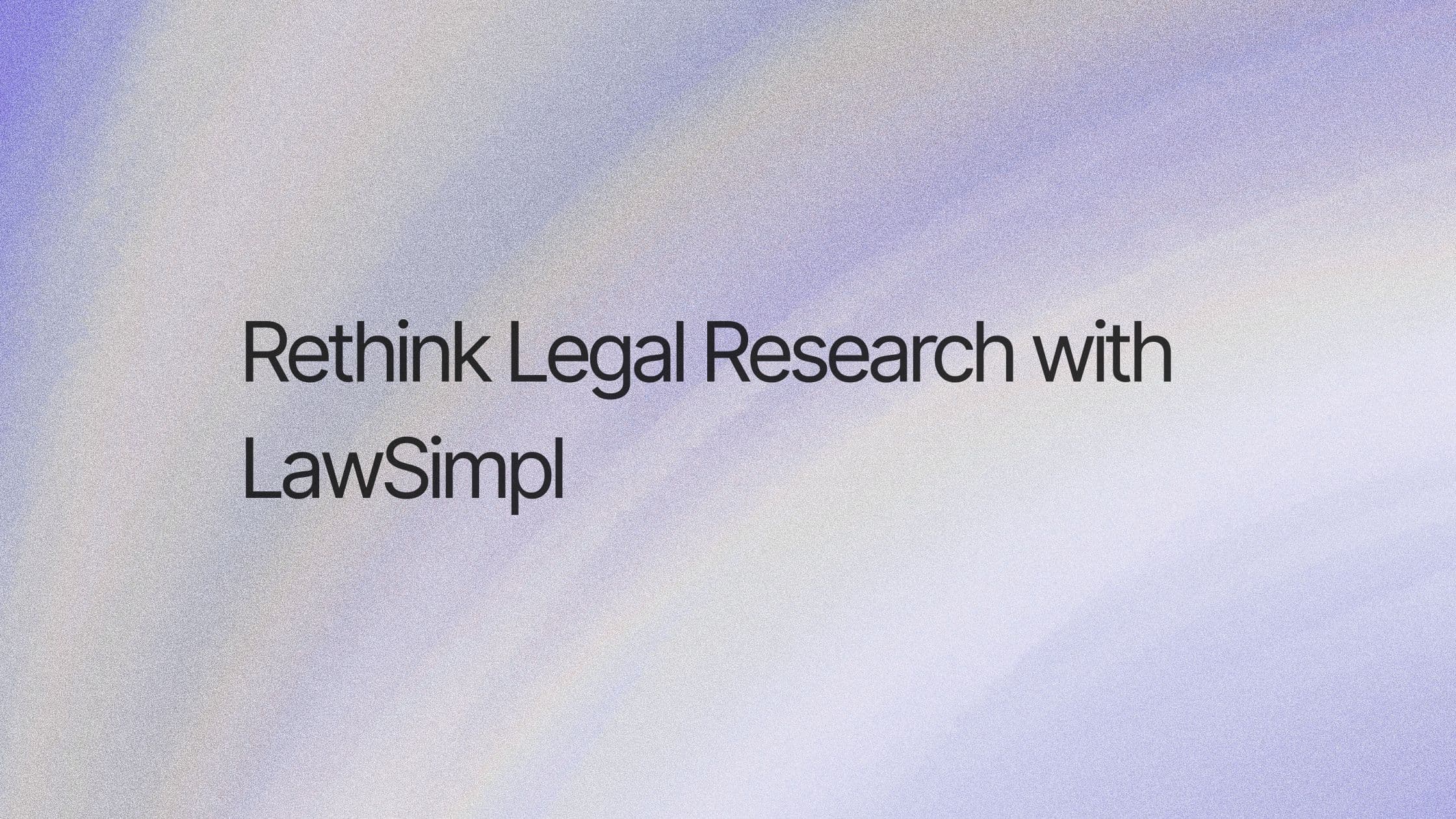As members of the legal community, we deal with various judgments, orders, and decrees every day. From the very first day of law school, we’ve been taught that we must know our case before we argue it. But knowing a case does not mean just knowing the facts, issues, and arguments. A case contains much more than that.
What Most People Miss
Ironically, the most visible parts of a judgment are the most ignored. For instance, the first page of an order, judgment, or decree can reveal more about the case than the entire document. But most people skip it to jump straight to the facts.
Let’s ask ourselves:
- What law is being applied?
- Was it an appeal, a complaint, or a petition?
- Which court heard it?
- Who are the parties?
- What does the case number signify?
If you don’t have these answers, are you really ready to argue your case? The answer is a big NO.
The difference between a good lawyer and a smart lawyer? A smart one reads what everyone skips.
What Every Lawyer Should Know Instantly
Before even reading the full case, a lawyer should identify:
- Whether it’s an appeal, petition, order, or complaint
- The court dealing with the matter
- The case number and what it signifies
- The law being applied
- The parties to the case
If you can't figure out these basics, you're not building a strong foundation.
Enter LawSimpl: Your Legal Research Companion
If you’ve been wondering "Who’s going to teach me all these basics?", the answer is LawSimpl.
LawSimpl is an AI-powered assistant that simplifies the complexities of the Indian legal domain. It’s not just another research tool—it’s a robust, India-focused platform with over 15 million judgments in its database.
Key Features:
- Natural Language Queries: No Boolean operators needed—just type your query in English or Hindi.
- Statutory Database: Access all bare acts directly.
- Document Analysis: Upload your own PDF or document for research.
- Smart Insights: Understand abbreviations, case types, procedural stages, and more with ease.

Example shown on page 2:
- FAO (COMM) 65/2025 explained as "First Appeal from Order", governed by Order XIII of the CPC.
- CM APPL. 12743/2025 explained as "Civil Miscellaneous Application", a procedural motion.
Why LawSimpl Stands Out
Unlike global AI tools like ChatGPT or Gemini, LawSimpl is built exclusively for Indian law. This ensures:
- Accurate context
- Relevant jurisdiction
- Updated legal information
No more mixing up global laws with Indian statutes.
Verified Sources. Reliable Output.
LawSimpl provides citations and references from trusted Indian sources like:
- Manupatra
- SCC
- DesiKanoon
You no longer have to validate the credibility of the information or switch between platforms. LawSimpl has it all.
A Tool for Every Legal Role
Whether you're a:
- Law student – it’s your legal guide.
- Lawyer – it’s your assistant.
- Professor – it’s your reference library.
LawSimpl adapts to your needs and enhances your legal journey by bringing clarity over confusion.
Explore LawSimpl today and start understanding law—not just reading it!
